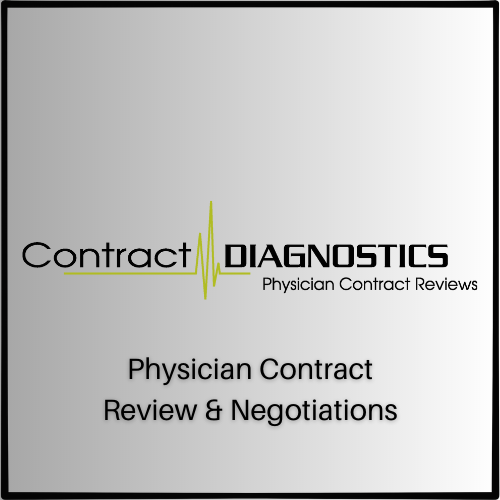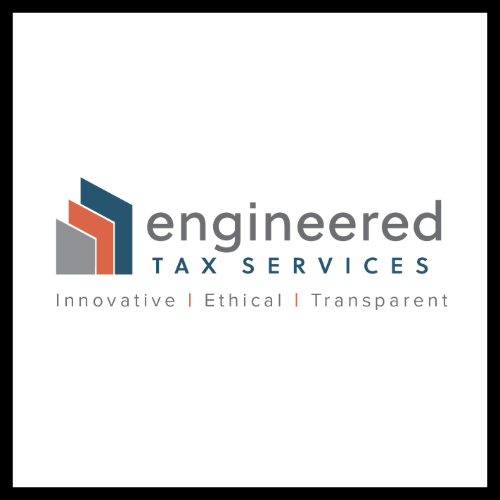In today’s post, I review the 5 ways rental real estate makes you money: cash flow, tax benefits, appreciation, principal paydown, and inflation hedge.

This post may contain affiliate links.
I was in a podcast interview recently with the voices behind Doctors and Dollars. We were discussing real estate (of course), and the question came up:
“Why not just invest in stocks?”
It’s a fair question, and one that I hear a lot. In the podcast, we had a nice discussion where I admitted that the historical returns from stocks are good (8-10% annually), but there are some drawbacks:
- Cash flow is limited (except for high dividend stocks)
- When you sell your stocks, you’re taxed on the gains
I went on to contrast stocks to real estate, and confidently claimed that there are at least five ways that rental real estate makes you money.
I knew I’d forget at least one, but I did even worse — under the pressure of the live interview I could only name three ways!
Luckily, as a blogger I can redeem myself. So here you go!
The 5 ways rental real estate makes you money
- Rental cash flow
- Tax benefits
- Appreciation
- Principal paydown
- Inflation hedge
These are roughly in order of importance. Let’s discuss each one, as there are some caveats and nuance here.
Rental cash flow
When I search for a real estate property, I hope to achieve an 8-10% cash on cash return. This is similar to the return you might expect from buying index funds.
But the difference between stocks and real estate is that the cash flow from my rental property gets deposited into my checking account every month. It’s cold hard cash and available for my use. I usually reinvest the money into my next property.
But one day, I may choose to break my golden handcuffs and live a life where I’m supported by my alternative streams of incomes, rather than my job as a surgeon. In that scenario, I’d be able to use the liquid cash flow from my rental properties to pay for my living expenses.
Link to my 10 year plan to financial independence.
Caveat: the cash flow you can expect depends on your market. Expensive coastal markets typically deliver a lower cash flow than the Midwest and Southeast.
Summary of expected return from cash flow: 8-10% for me (I invest in the Midwest)
More reading: How to pick a real estate investment market
Tax benefits
As I discussed in my original series explaining the benefits of real estate over stocks, the US tax code heavily favors business income over W2 income. Rental real estate is a business, so all the costs of doing business can be deducted from your income.
Examples of deductible business expenses:
- Repair costs
- Utilities
- Insurance
- Mortgage interest
- Property management fees
Additionally, real estate investors can take advantage of a powerful deduction called depreciation. This deduction is based on the concept that property put into service for business wears out over time. When it comes to residential property, the IRS lets you deduct about 3.6% of the property value every year from any income generated.
All of these benefits together means that most rental income is very lightly taxed, if at all. So $1000 of income from rent is “worth” more after taxes than most income generated from your day job. This is especially true if you’re in a high tax bracket.
Summary of expected return from tax benefits: 0-40% increased “worth” of your cash flow
More reading:
- Why I’m investing in real estate over stocks – Part 1
- Tax Benefits | Why I’m investing in real estate over stocks – Part 2
- Leverage | Why I’m investing in real estate over stocks – Part 3
Appreciation
It’s well known that real estate tends to appreciate over time. In fact, the average annual appreciation rate in the US is thought to be about 3.8%. Thus, when you invest in real estate, the property tends to rise in value over time. This is not guaranteed, but is a generally expected phenomenon.
An interesting effect comes into play when leverage is taken into account.
Since property is expensive, the most common way to purchase a single family investment home is with a 25% down mortgage. With a mortgage, you are using leverage to borrow money and purchase an asset. This has the effect of multiplying the return you get via appreciation.
Simplified example:
- $100,000 property with a 25% down mortgage
- Down payment = $25,000
- Closing costs = $5000
- In 1 year, the property is worth $104,000
- $4,000 gain from $30,000 invested = 13% return
Caveat: If the value of a leveraged property drops, the loss is magnified as well.
Summary of expected return from appreciation: 3.8% for unleveraged property, 13% for a mortgaged property.
Principal paydown
Principal paydown is a benefit of real estate that is leveraged with a mortgage, and then rented out. In this scenario, you’re making a mortgage payment every month, but this payment is covered by rent payments.
While in the beginning of the mortgage term you’re only paying down a small amount of the principal every year, it adds up. Let’s see how much of a benefit this is, using the same scenario as above:
- $100,000 property with a 20% down mortgage
- Down payment = $25,000
- Closing costs = $5000
- 1 year principal paydown = approximately $1400
- $1400 gain from $30,000 invested = 4.7% return
Caveat: This return is not liquid, but can be captured either by selling the property or by performing a cash-out refinance.
Summary of expected returns from principal paydown: 4.7%
Inflation hedge
This is one of the benefits I missed on the podcast, and one that’s perhaps not as straightforward to understand. I’ll do my best to explain the concept here. (This benefit also depends on using leverage to purchase your rental property.)
The most common way to purchase a property in the United States is with a conventional 30 year mortgage.
When you close on your investment property with a conventional fixed rate mortgage, you’ve locked in an interest rate for the next 30 years.
Every year, inflation erodes the purchasing power of the dollar by about 2.25%. While this isn’t great for people who like to save cash in a savings account, this is fantastic for holders of long term debt.
Because every year, the principal on your mortgages is being eroded by 2.25% as well. Put another way, every year the value of the money you have to repay becomes less and less. At the same time, the worth of your investment and cash flow will rise to keep pace with inflation.
In this way, real estate is a great hedge against inflation.
Summary of expected returns from the inflation hedge: difficult to quantify.
Conclusion
To summarize, rental real estate makes you money in at least 5 ways:
- Rental cash flow
- Tax benefits
- Appreciation
- Principal paydown
- Inflation hedge
If we assume you invest in cash flow markets and use leverage, a conservative estimate of the true return on your investment is about 25-30%.
So while I love the ease of investing in stocks, I really love the multiple ways that real estate makes me money!
— TDD
Did you find this post convincing? Why or why not? Comment below and please subscribe to our newsletter!
Perhaps you’re more of a Facebook type?
Are you a physician, spouse, or professional and you’re interested in using Real Estate to gain financial freedom? Join us in our Facebook group and accelerate your journey!


Want to support the blog?
- Join our investor club at Cereus Real Estate
- Visit my Recommendations page
- Check out my wife’s food blog: Eat Dessert First
- Stay at our luxury short term rentals
- Check out my TikTok channel
- Follow me on Instagram
- Follow me on YouTube
- Contact me with questions







3 comments
Having just finished my taxes, I am now curious – are most rental property owners taking the Qualified Business Income deduction? I had a hard time deciding if we qualified for it.
On another note, as rental prices increase annually and your mortgage stays stable you really start to see some nice increases in cash flow!
Do you automatically increase your rents each year? We try not to bump the rent up much (if at all) when we have good tenants. When there’s turnover we adjust the rent upwards and end up realizing we should have been charging more!
Hey A.J., I’m not a tax professional, but to be honest I haven’t heard to much about the Qualified Business Income deduction. Let me do a little digging about this. The IRS information page does seem to mention rental real estate income as qualified income.
Yes I think the nice thing about fixed rate mortgage debt is that it makes rental property just better and better over time.
We do automatically increase rents about 4% a year, and it’s written into our lease agreements. Although we didn’t really do this increase in 2020 due to the pandemic. When tenants turn over, I do expect my property manager to adjust rent to the market rate.
[…] to take advantage of the low interest rate environment. As I’ve discussed in the past, mortgages are great inflation hedges, and let you lock in interest rates for up to 30 […]